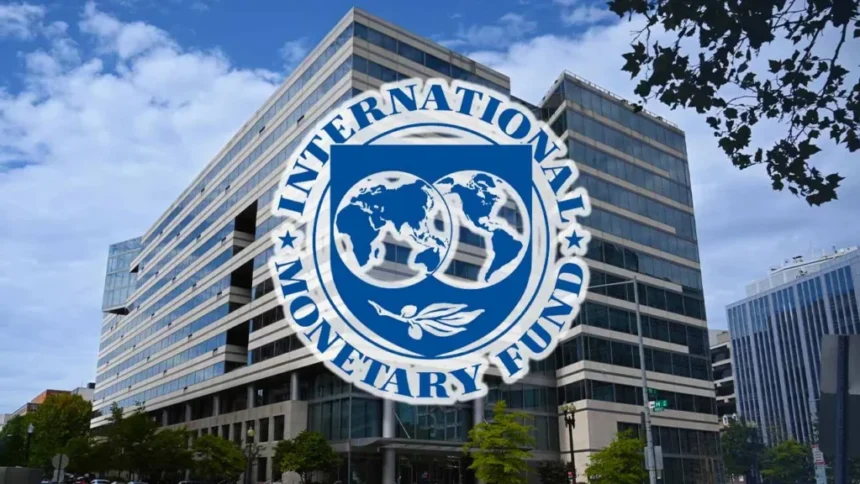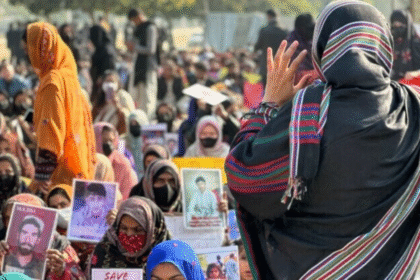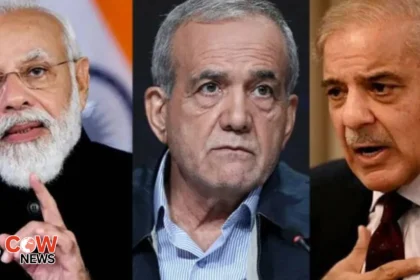ISLAMABAD(News Desk) Showing no flexibility towards changing a key structural benchmark, the International Monetary Fund (IMF) has asked the government to impose a substantial levy on gas supply to industrial captive power plants (CPPs) to eliminate any cost benefit between the grid power and their in-house electricity generation.
Under the $7bn Extended Fund Facility (EFF) signed in September last year, Pakistan has to deliver on one of the major structural benchmarks that required gas disconnections to CPPs by the end of January 2025 to qualify for disbursement of the second of the seven $1bn tranches in March. The two sides will meet for the first biannual review in the second half of February.
“We will end captive power usage by end-January 2025 (structural benchmark),” reads the sovereign agreement signed by Finance Minister Muhammad Aurangzeb and the State Bank of Pakistan Governor Jameel Ahmad with the IMF in September last year.
Pushed by the influential industrial sector led by textile exporters and gas utilities, particularly Lahore-based Sui Northern Gas Pipelines Limited, the petroleum division has since been advocating for a reversal of this commitment on the grounds that this was creating surplus LNG in the system at a substantial loss to the entire LNG supply chain, from imports to the consumer end.
Officials in the petroleum division and gas companies claim that there is a surplus of around 50 cargoes per year or close to 250 cargoes in five years. Industrial units, on the other hand, claim a loss of export competitiveness in case of gas-LNG disconnection.
Officials said Pakistan tried to convince the IMF to change the structural benchmark on the grounds that there were some challenges to electricity grid stability and supplies. The IMF did not show any flexibility about the programme benchmark and instead suggested the imposition of Rs1,700-1,800 per unit (million British thermal units or mmBtu) on top of the prevailing LNG price for CPPs in case of electricity supply challenge, according to gas sector sources involved in these talks.







